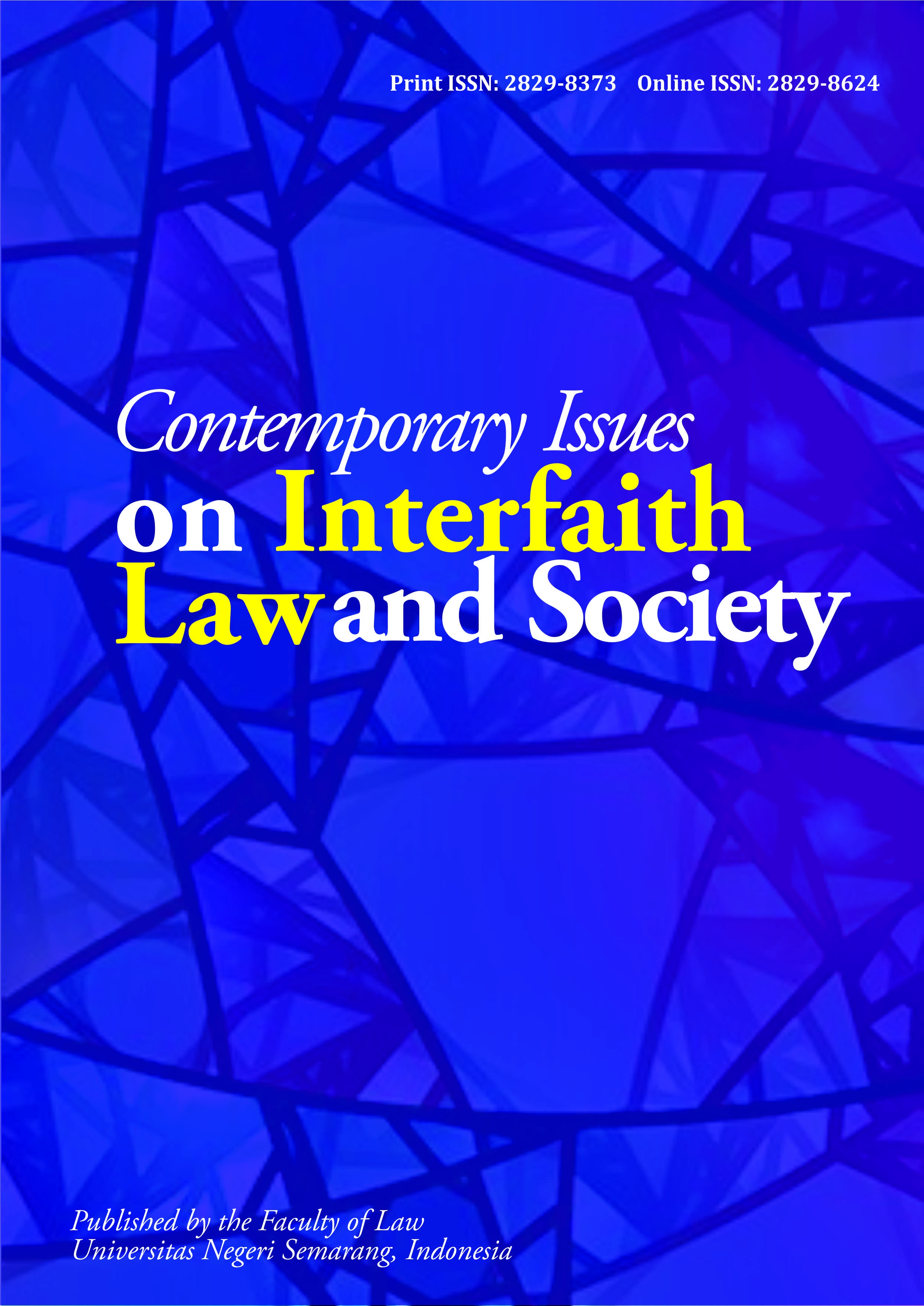Abortion Laws in Indonesia and Islam: A Clash of Morality, Religion, and Rights
Main Article Content
Abstract
Abortion remains one of the most controversial legal and ethical issues, balancing between reproductive rights, religious doctrines, and state regulations. In Indonesia, abortion laws are primarily governed by the Health Law No. 36 of 2009 and the Criminal Code, which generally prohibit abortion except under specific circumstances, such as medical emergencies or rape-induced pregnancies. These legal restrictions reflect Indonesia’s socio-religious landscape, where Islamic principles significantly influence legislative frameworks. From an Islamic legal perspective, abortion is largely prohibited but with nuanced interpretations depending on the gestational stage and underlying reasons. Classical Islamic jurisprudence generally forbids abortion after ensoulment (believed to occur at 120 days of pregnancy), though some scholars permit it under limited circumstances, such as to preserve the mother’s life or in cases of severe fetal abnormalities. However, differences exist among Islamic schools of thought regarding permissibility before ensoulment, leading to diverse legal applications across Muslim-majority countries, including Indonesia. This study critically examines the intersection of Indonesian state law and Islamic law on abortion, highlighting their points of convergence and divergence. It explores how legal, religious, and ethical considerations shape abortion policies and the implications for women's reproductive rights. The paper also addresses ongoing debates over potential legal reforms, considering global human rights perspectives and the influence of Islamic jurisprudence in shaping reproductive health policies. By comparing these legal frameworks, this study aims to provide a comprehensive understanding of abortion law in Indonesia within both secular and religious contexts.
